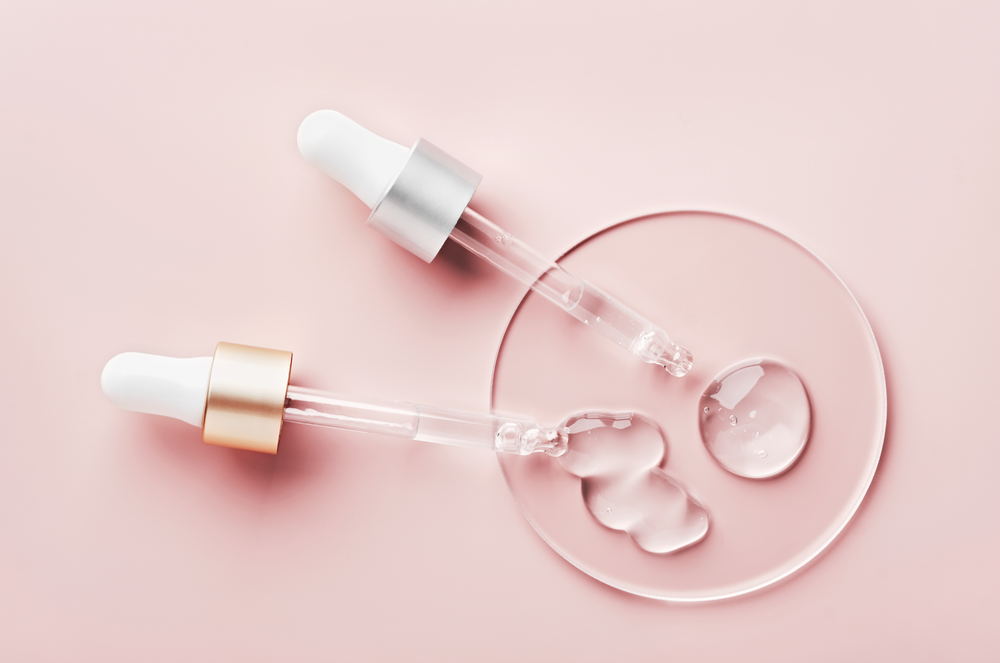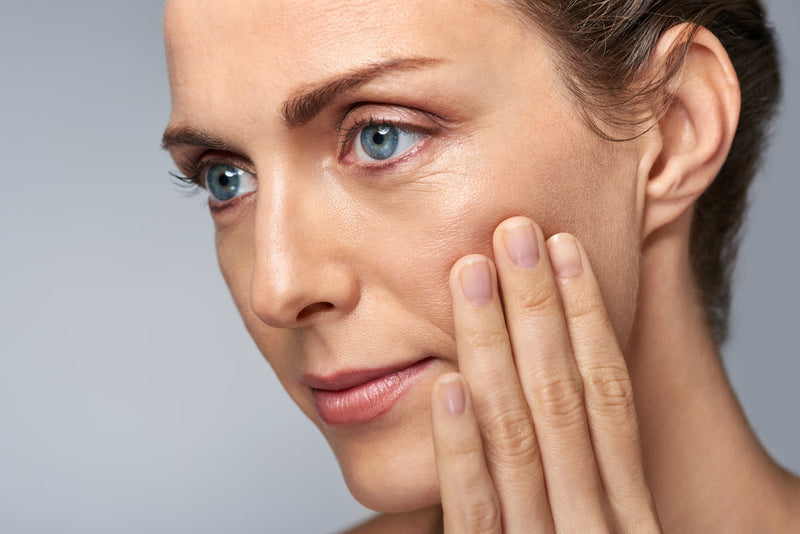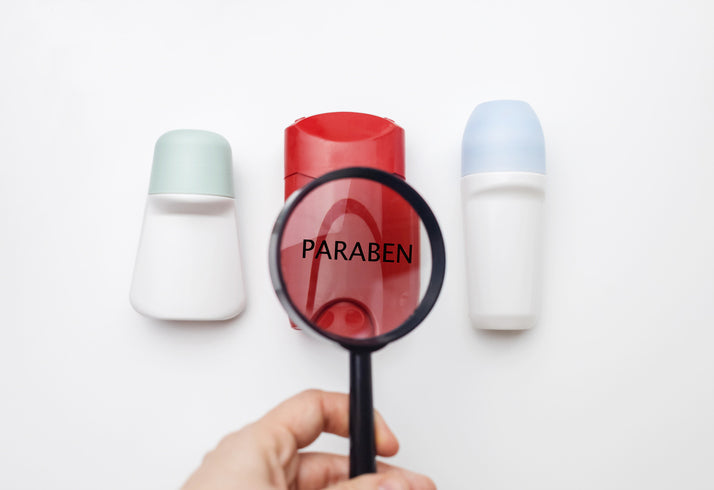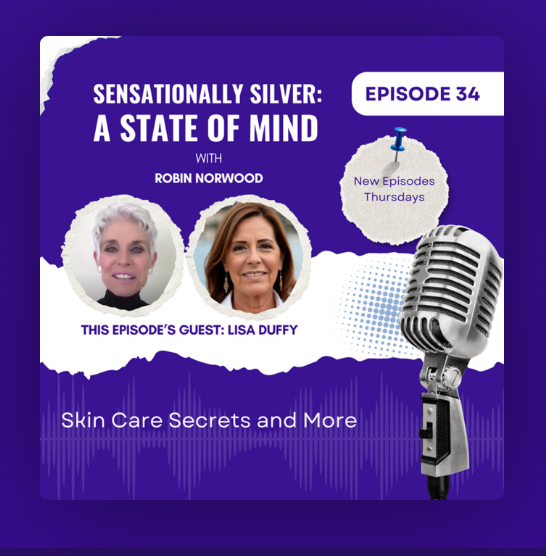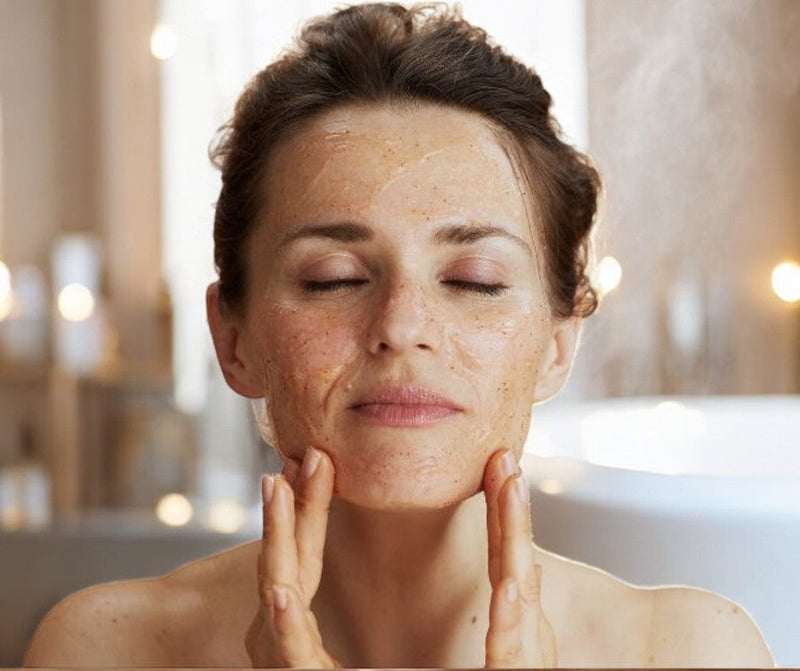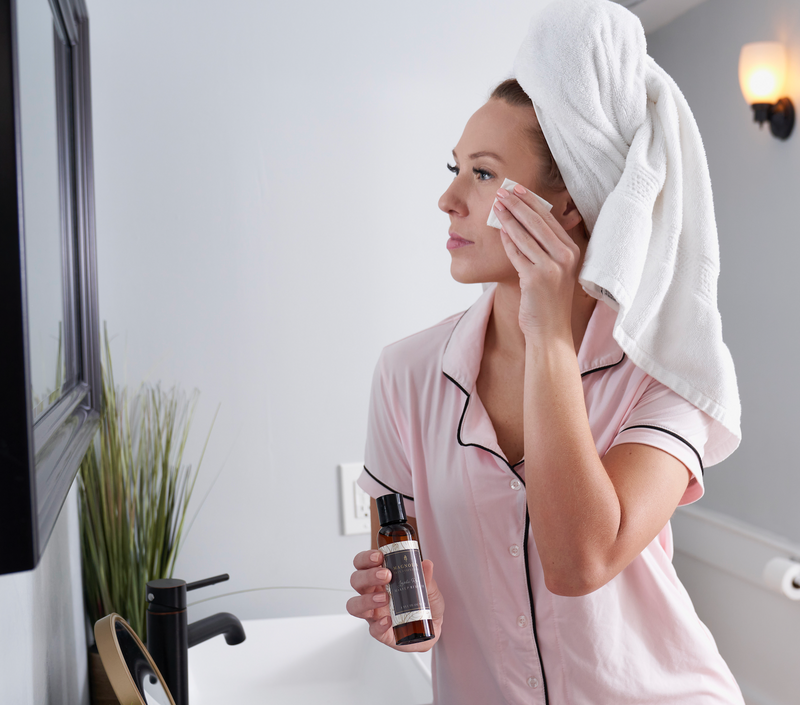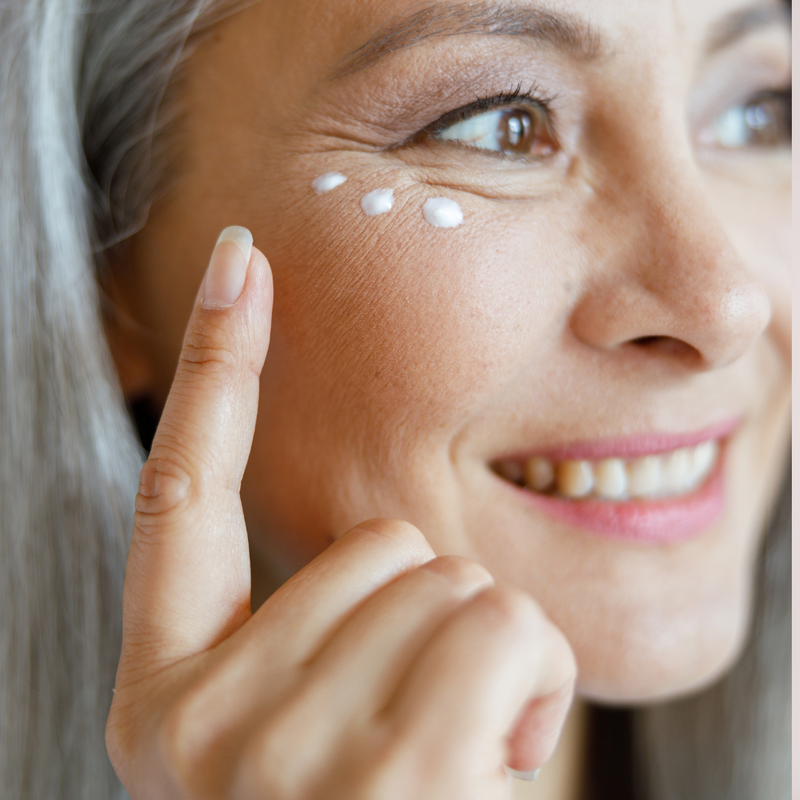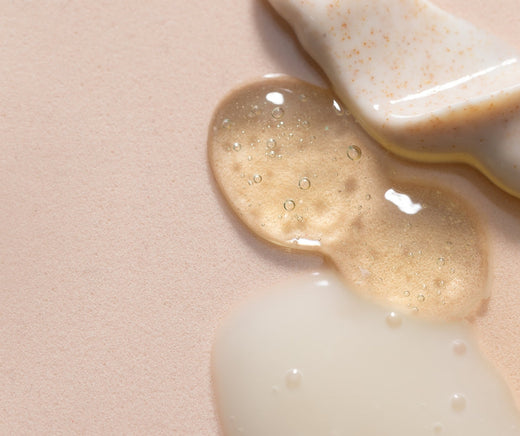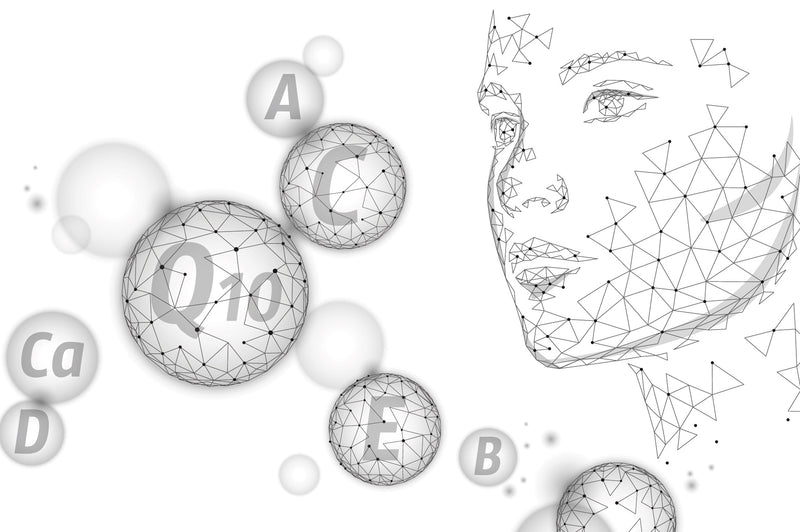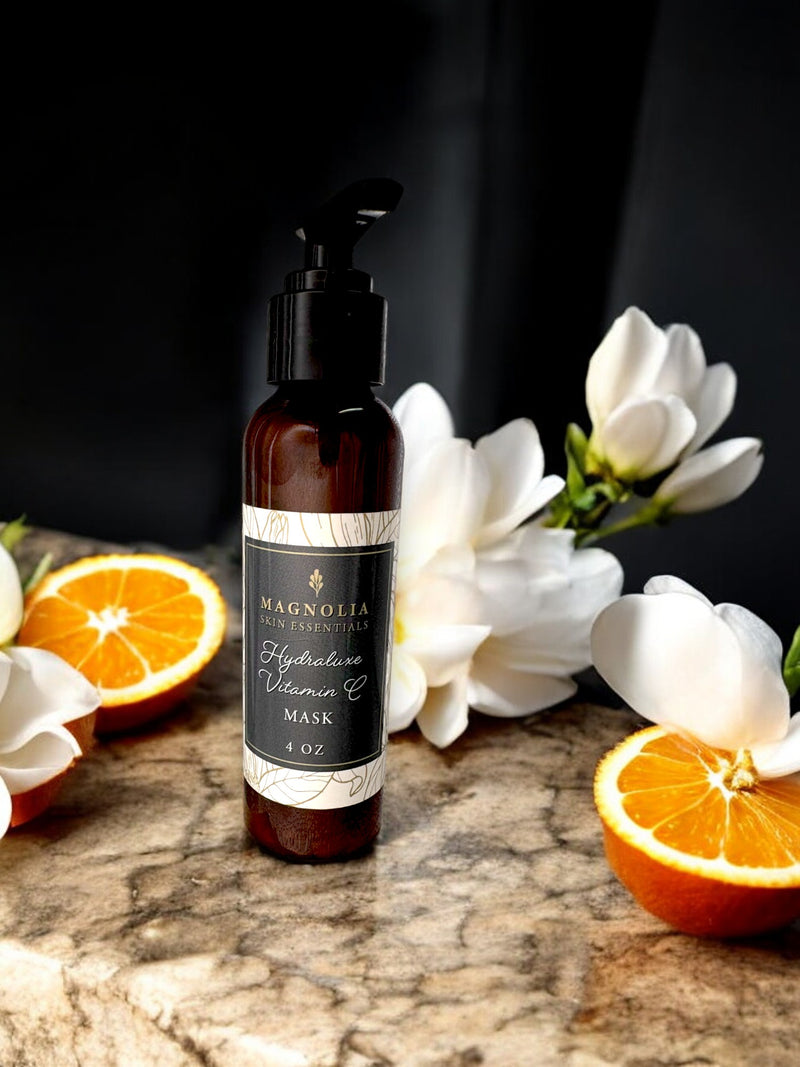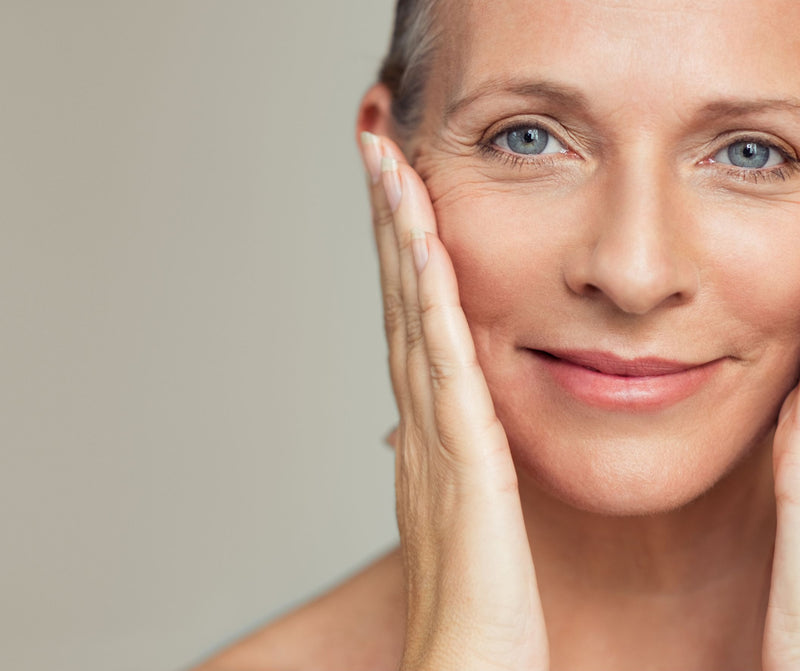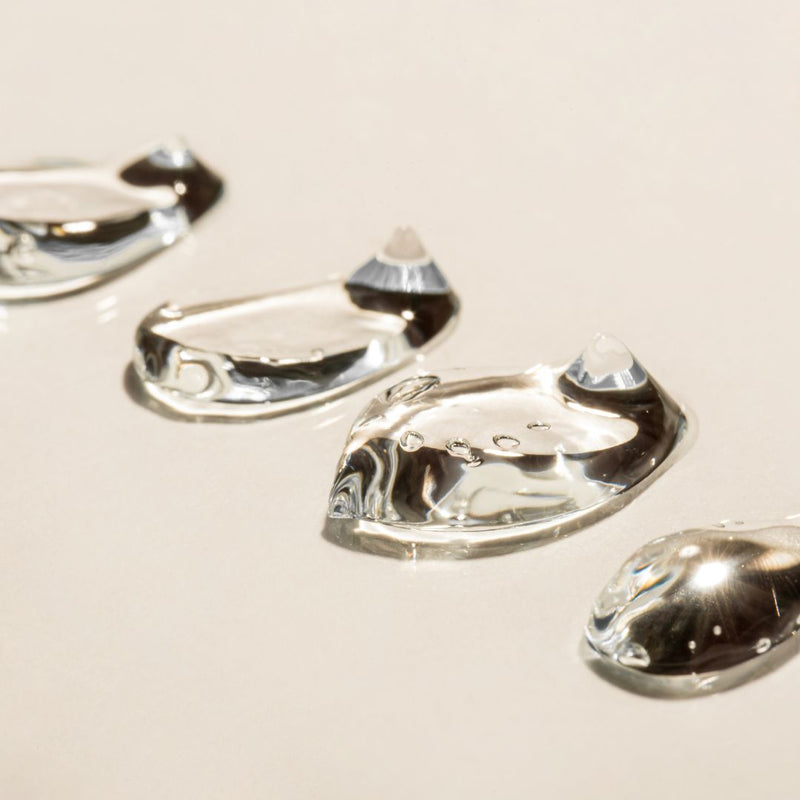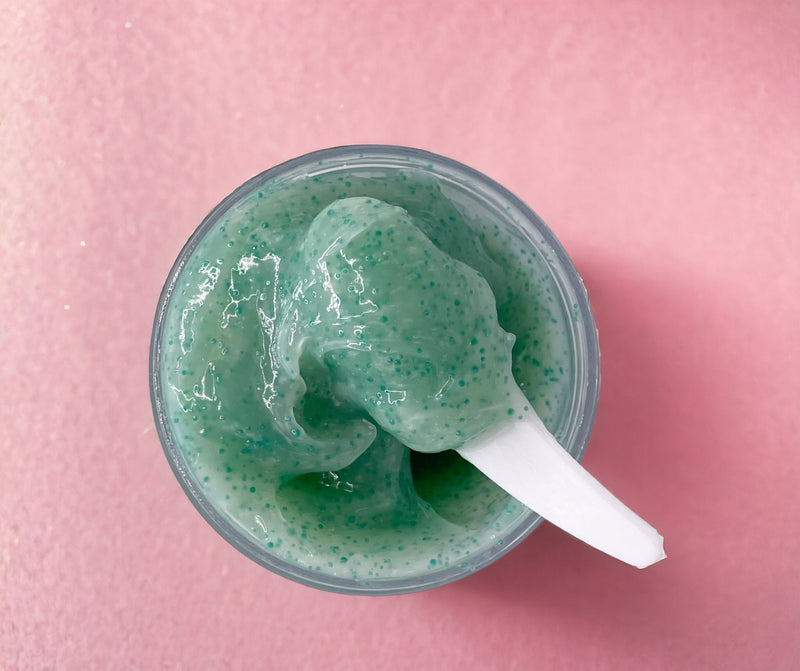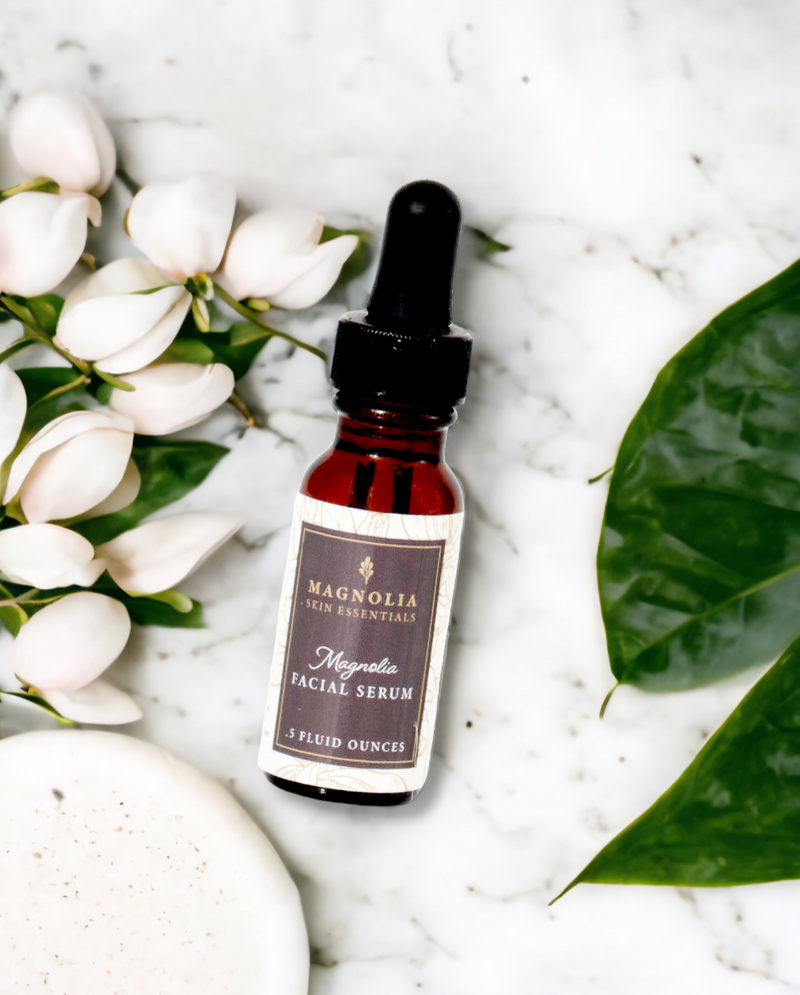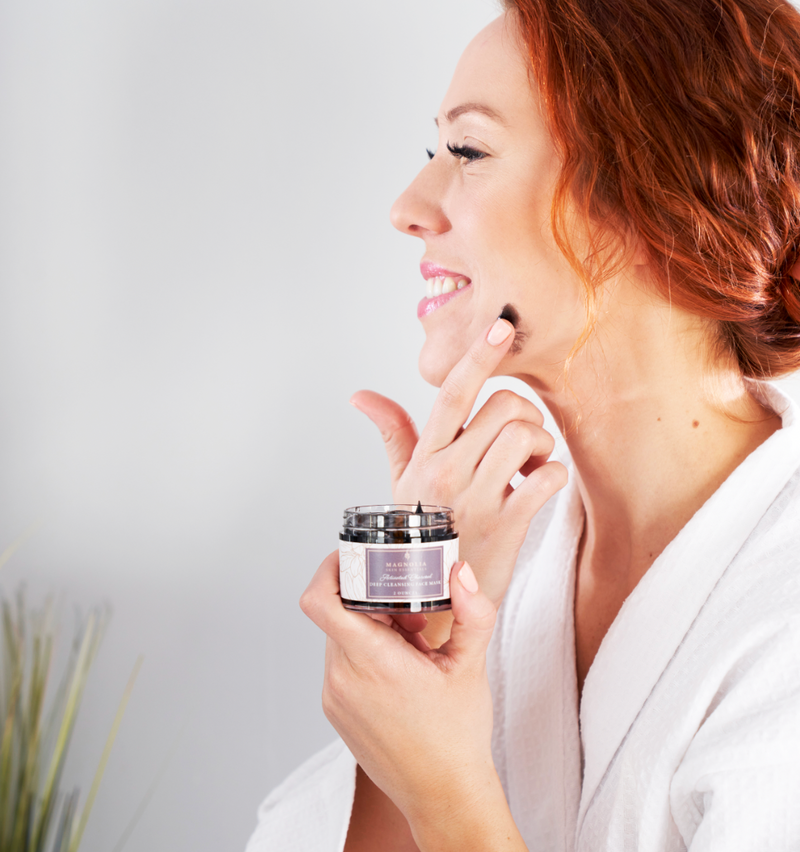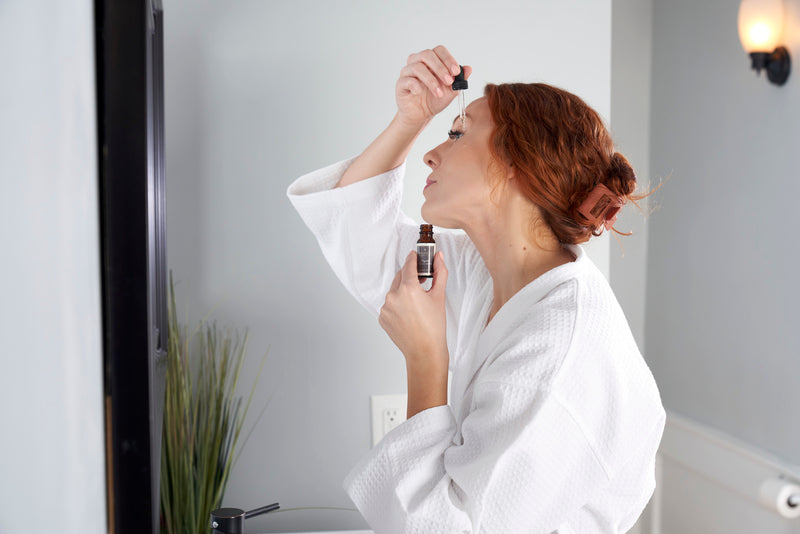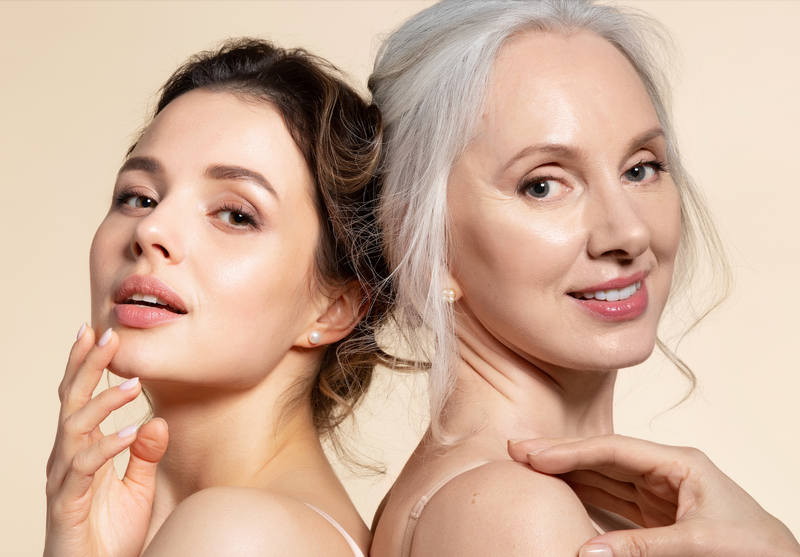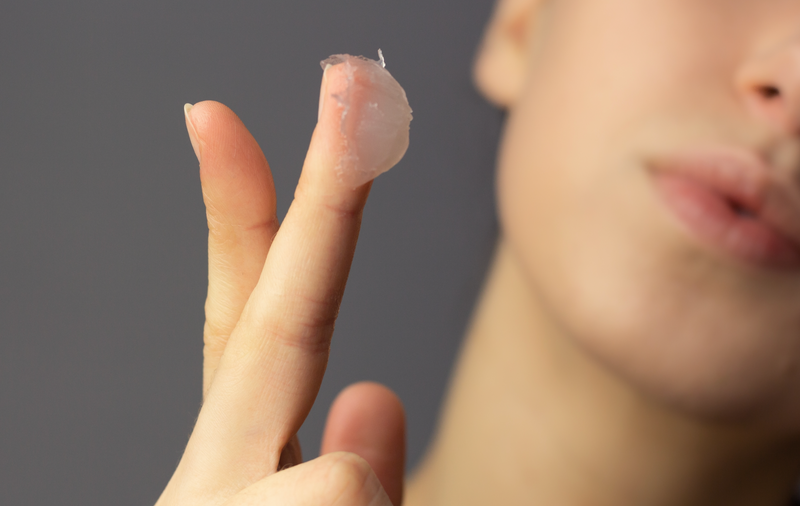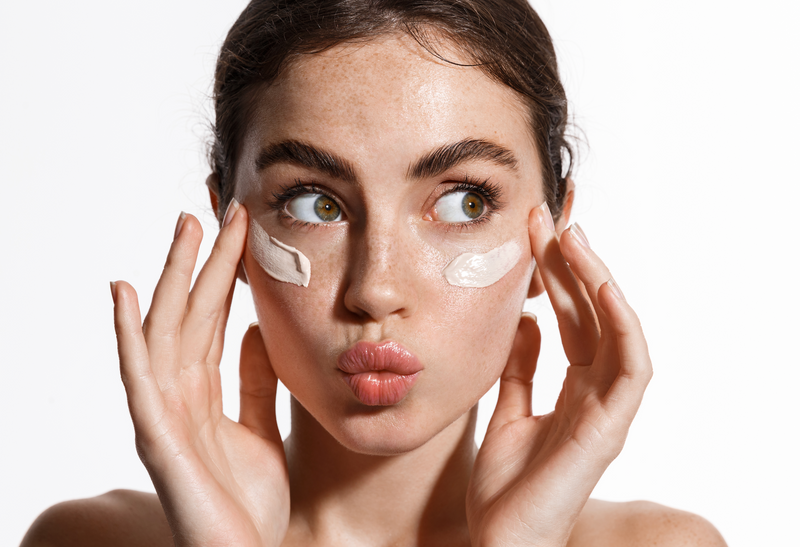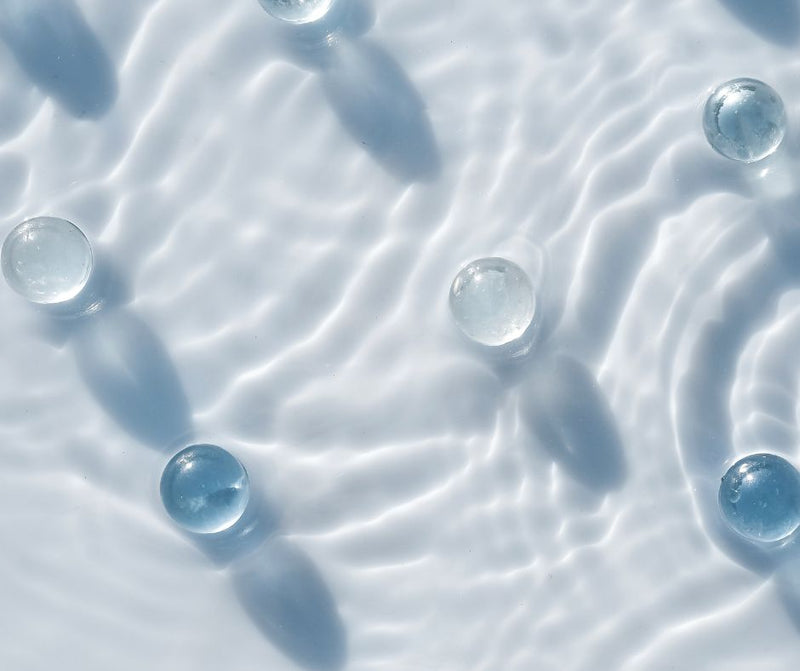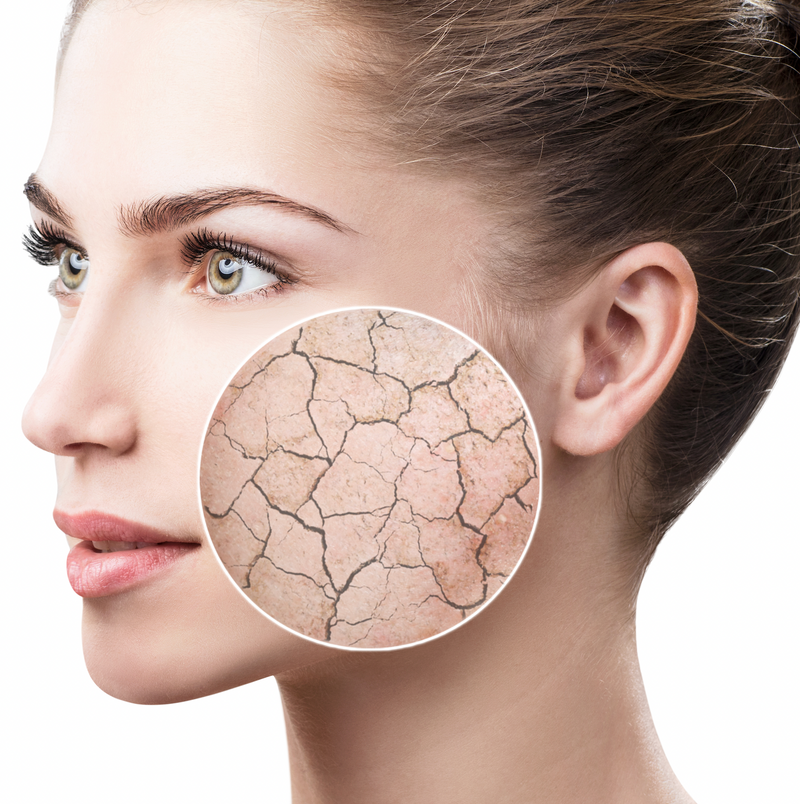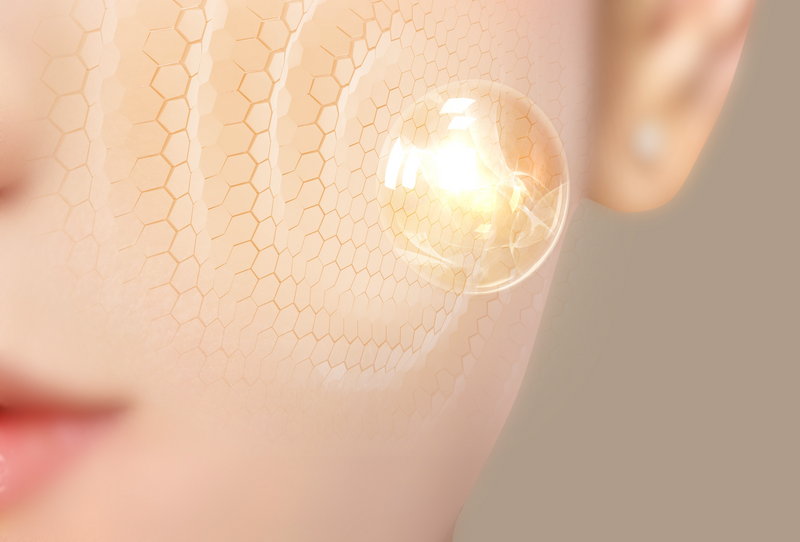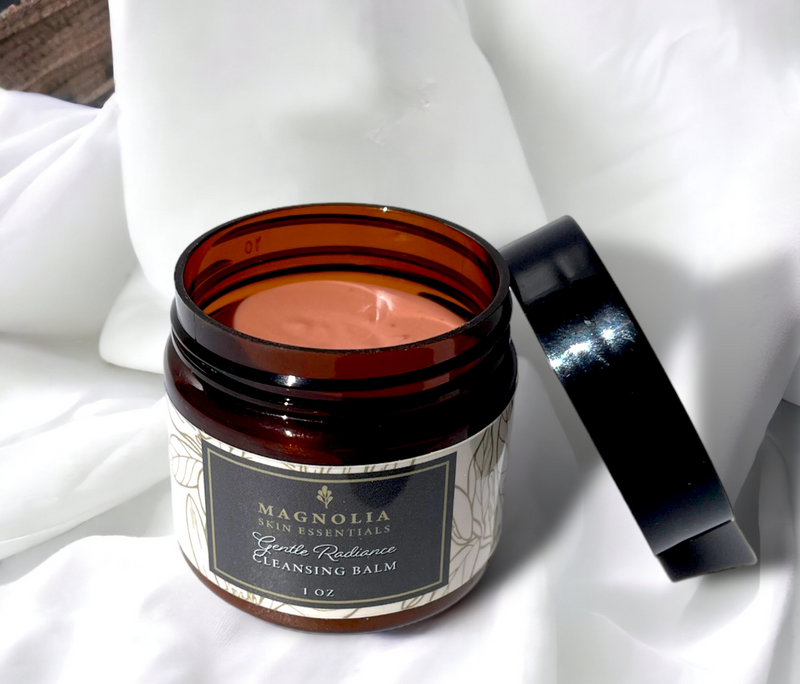When it comes to skincare one thing is certain… we love to use products that make us feel good about ourselves, especially products that feel luxurious and have scents that make us feel like we’re in a high-end spa.
But, as more and more consumers become aware of what goes into their skincare products, a lot of people are asking the question, What exactly am I putting on my skin? When ingredient labels come into focus, the question of silicone vs. silica is one that comes up time and time again. Both substances have similar names, so it can be easy to get them confused. But understanding the differences between them will help you make an informed decision when selecting the best skincare products for your needs. Let’s take a closer look at silicone vs. silica in skincare.
Silicone
Silicone is a type of synthetic polymer made up of silicon and oxygen atoms. Silicone is also the basis of many other types of synthetic ingredients such as Dimethicone and Cyclomethicone.
The Good: It has been widely used as an ingredient in skincare and cosmetic products because it helps create a smooth, soft texture on the skin that feels comfortable to wear all day long. It also forms a protective barrier on the skin, helping to lock in moisture while keeping out dirt and debris.
The Not-So-Good: The David Suzuki Foundation, a company dedicated to the research of safety issues surrounding cosmetic ingredients states the following: “The European Union classifies D4 as a endocrine disruptor, based on evidence that it interferes with human hormone function, and a possible reproductive toxicant that may impair human fertility. In laboratory experiments, exposure to high doses of D5 has been shown to cause uterine tumors and harm to the reproductive and immune systems. D5 can also influence neurotransmitters in the nervous system” (The Dirty Dozen: Siloxanes, David Suzuki Foundation, 2009).
Our take: Some people are sensitive to silicone-based products and may experience irritation or breakouts after using them. But overall, we don't recommend using products with silicone because of the potential that exists to cause health problems. Truth is, silicone is in millions of products we use and it's difficult to avoid. But that's why we are here, to offer you choices when it comes to your skincare purchases.
Silica
Silica is a naturally occurring mineral made up of silicon and oxygen atoms that has been used as an ingredient in cosmetics for centuries due to its ability to absorb oil without drying out the skin or clogging pores.
The Good: Silica is an ideal formulation ingredient for those with oily or combination skin types who want to keep their complexion balanced without stripping away too much moisture from their face. Silica also helps reduce inflammation and redness, making it a popular choice for those with sensitive skin as well.
The Not-So-Good: Silica is a fine, powdery substance that can become airborne and potentially be inhaled when applying certain cosmetics, such as foundation powders or setting powders. Prolonged exposure to airborne silica can be harmful to the lungs and respiratory system, especially for those with preexisting lung conditions.
Our Take: Products that contain silica don’t seem to have much of a downside except for the inhalation risk.
The Bottom Line
While both ingredients sound extremely similar, silicone and silica are very different from each other, with the former posing a much greater health risk than the latter. It may be difficult to avoid products that contain silicone, so you should also consider your skin type, any sensitivities you may have, and how frequently you use a product that might contain an ingredient like silicone. But as stated earlier, this is why Magnolia Skin Essentials exists… to give you toxin-free options when it comes to caring for the health of your skin.
Take a look at our new Gentle Radiance Collection, formulated specifically for sensitive/reactive skin, and get 15% off these products using code RADIANCE15.

